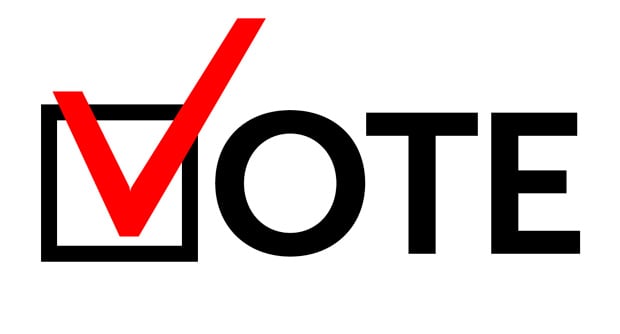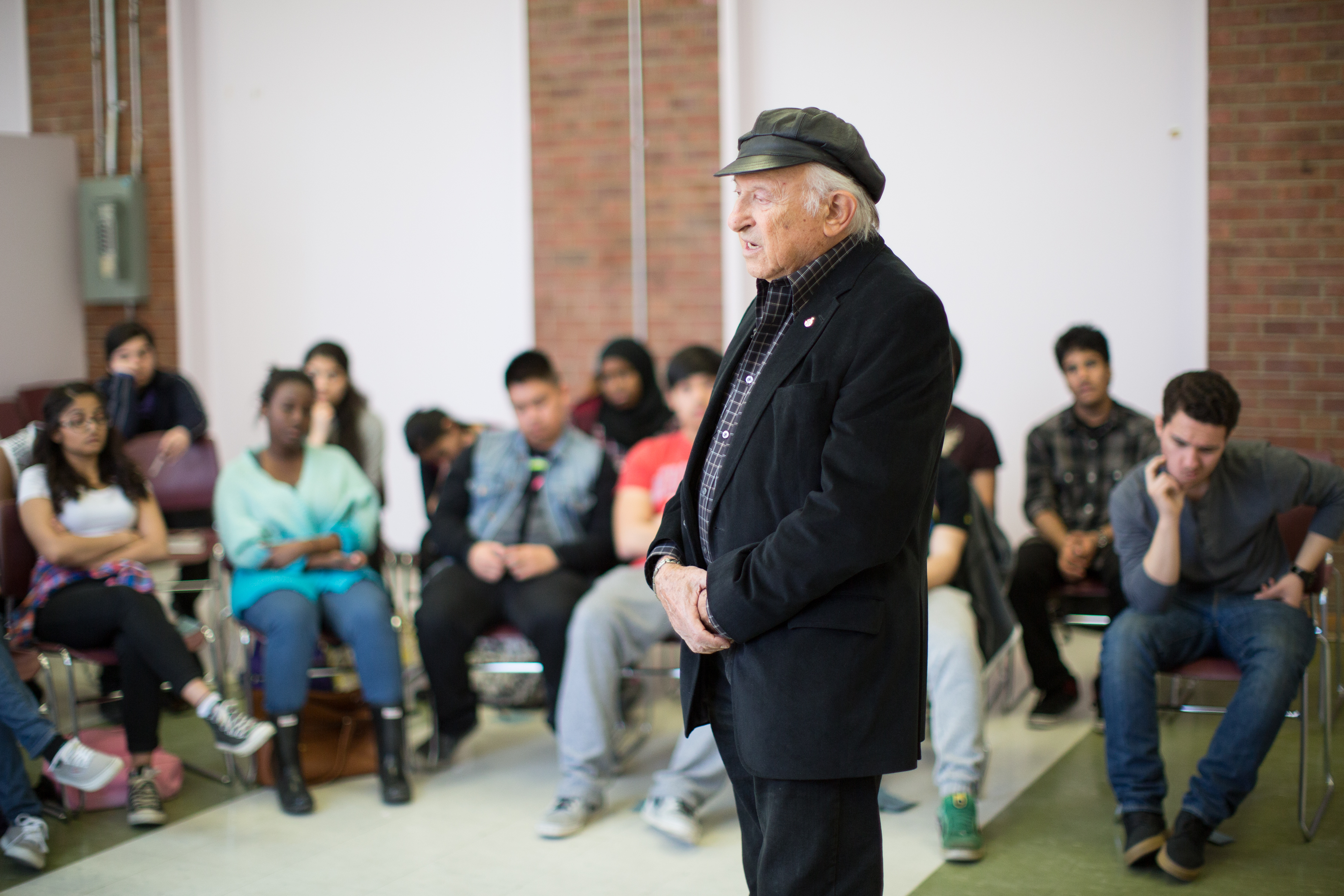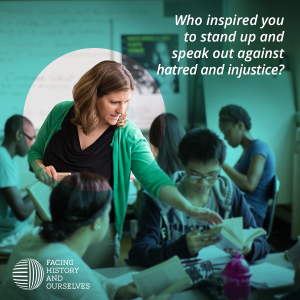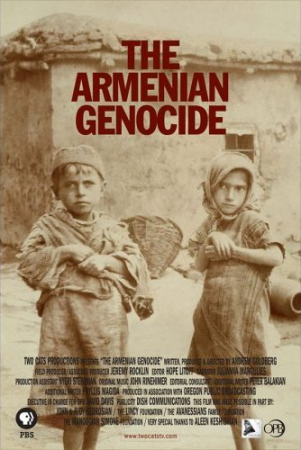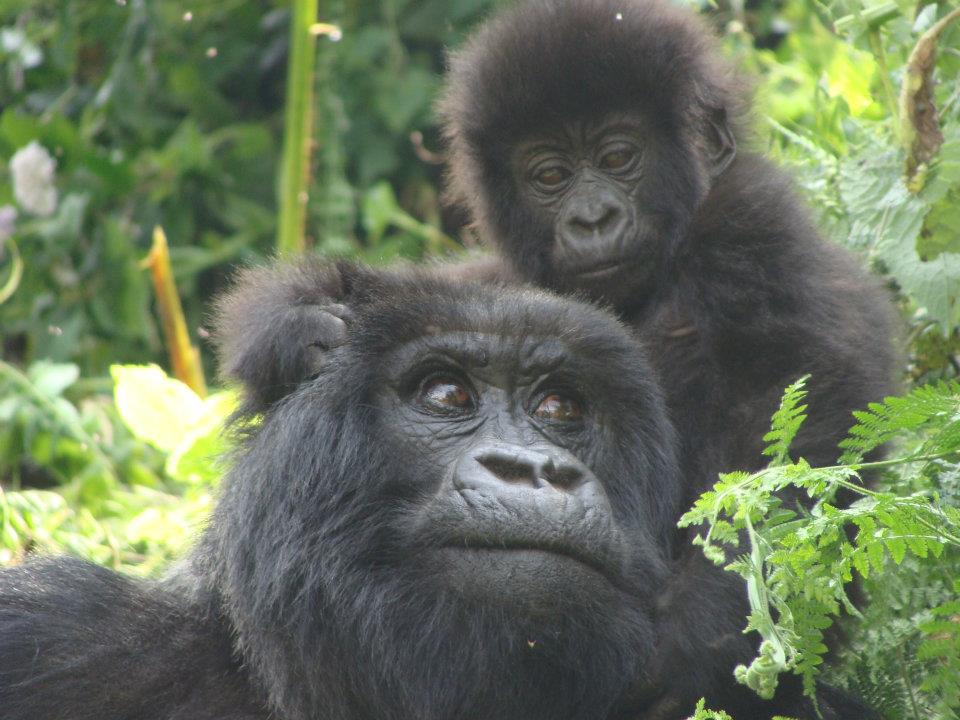Many of the kids I teach at Nelson Mandela Park Public School at Regent Park in Toronto have emigrated from nations in which government corruption is rampant, the electoral system is compromised, and simply trying to exercise a right to vote can lead to threats, attacks, or even murder.
Topics: Choosing to Participate, Canada, Urban Education, Lesson Ideas
“Ms. Payne, we are so privileged to witness these survivors’ stories. We must do something with this knowledge.”
Such a mature and poignant statement. This is what we want from all of our students: Not to be passive listeners, but to contemplate and then choose to participate.
Topics: Choosing to Participate, Strategies, Genocide and Crimes Against Humanities Course, Lesson Ideas, Inside a Genocide Classroom
Harbord Collegiate Institute student Imogen Bysshe reflects on her learning from Radiozilla, a student-led radio broadcast project with Facing History and Ourselves and Regent Park Focus.
Topics: Choosing to Participate, Facing History Together, EdTech, Media Skills, Radiozilla, In the news
If you had a $5,000 classroom gift to give to a teacher for changing your life, who would you give it to?
At the Toronto office here at Facing History, we know so many teachers who work tirelessly and selflessly to give students learning experiences, words of wisdom, encouragement, and kindness to make meaningful change in their students' lives.
Topics: Choosing to Participate, Facing History Together, Innovative Classrooms
When teachers flip the calendar to August, the countdown is on. Inevitably, we begin planning for the next school year. One of the beautiful things about being a teacher is the opportunity for new beginnings.
I am always reflecting on how I can improve a lesson, unit or activity and the Facing History website is a go-to resource for me. Here are my five recommended resources from the Facing History website to inspire your classroom practice this year:
Topics: Antisemitism, Choosing to Participate, Facing History Resources, History, Holocaust Education, Genocide and Crimes Against Humanities Course
We are very happy to welcome the voice of student Anmol Sandhu to the Facing History and Ourselves Ontario Network blog this week as she reflects on the power of choosing to participate.
Topics: Choosing to Participate, Identity, Media Skills, current events, We and They, Culturally Responsive and Relevant Pedagogy, Genocide and Crimes Against Humanities Course, CHG, Social Justice
Help Students Think Deeply About the Roles They Play and the Choices They Make
Posted by Ben Gross on August 12, 2014
As a high school teacher, one of the most common things that I hear when walking through the hallways is the refrain of students dishing out advice to their friends: “If that happened to me, I would’ve done/said _______.”
When I hear it, my first reaction is to wonder if there is truth in the advice. And if there is, how much?
Topics: Choosing to Participate, Identity, History, Strategies, Genocide and Crimes Against Humanities Course, Lesson Ideas
Over the past three months Facing History and Ourselves, in partnership with Regent Park Focus and with funding from Mozilla Hive Community Projects, worked with students from several Toronto District School Board high schools to create short radio pieces exploring issues important to local youth. This project was called RadioZilla.
Topics: Choosing to Participate, Facing History Resources, Identity, EdTech, Innovative Classrooms, Media Skills, Technology, Radiozilla, Inside a Genocide Classroom, Personal history
The beginning of any Facing History and Ourselves journey is an investigation of identity and membership. As we study these concepts in history, we see the impact that they have on the way that people see the world and the choices that they make. We all have our own individual and group identities – but how do we expand those? How do we include more people, more 'others,' in our universe of obligation?
Topics: Choosing to Participate, Identity, We and They, Personal history
Six years ago, Prime Minister Stephen Harper made a public apology on behalf of all Canadians for the residential schools the government of Canada created in the 19th century that plagued the fabric of Canadian history for generations to come. Between 1880 and 1996, more than 150,000 First Nations, Inuit, and Métis children were forced into Indian residential schools and thousands did not survive. Those that did survive suffered a loss of language, culture, family, and self. Many suffered abuse at the hands of those who were supposed to care for them.
Topics: Art, Choosing to Participate, Human Rights, History, Innovative Classrooms, Memorial, We and They, Culturally Responsive and Relevant Pedagogy, Social Justice

